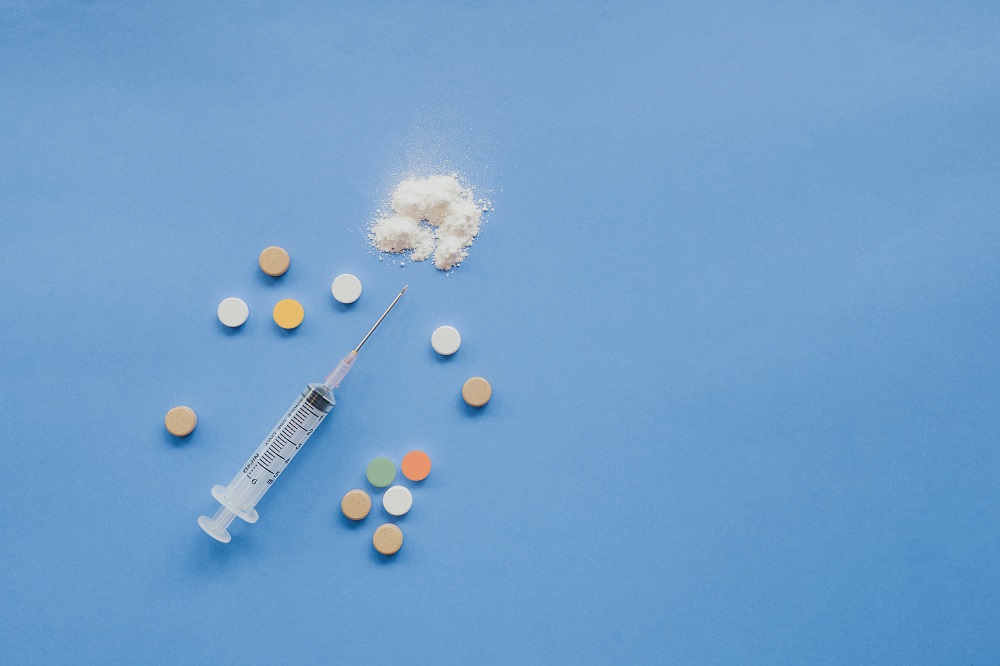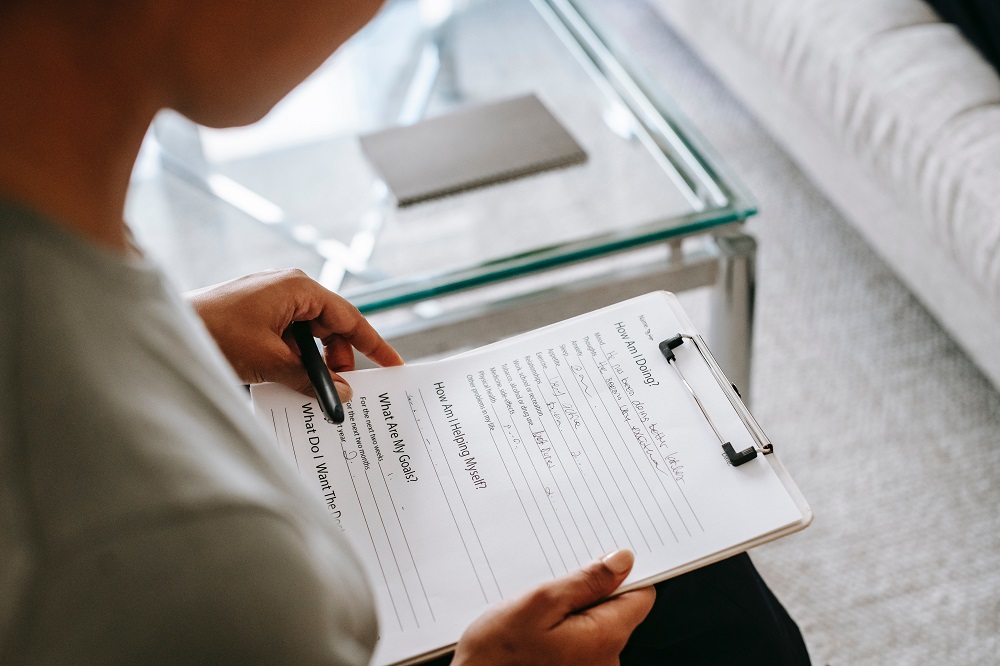Substance use disorder is a becoming a major problem in today’s society. Knowing how to handle this condition is key to improving the lives of those who suffer from it and those of their families. In this article, we are diving into the details of this disorder and discovering how getting help in rehab can help you learn critical life skills.
What is Substance Use Disorder?
Substance use disorder, also known as addiction, is a condition characterized by the excessive use of prescription or nonprescription drugs, medication or alcohol in a way that is harmful to the user and those around them. The individual that suffers from addiction develops a dependency on the substance, and later experiences loss of control over their behavior and usage of said substance. Addiction can be psychological, physical or both. In all cases, the addict cannot stop using, no matter how harmful the drug is. The substance abuse interferes with the individual’s ability to function properly, such as the ability to do daily tasks and maintain healthy relationships.

The exact cause of this disorder is not known, however, there are a few factors that can increase the chances of developing an addiction. Genetics are a major risk factor, taking up 40% to 60% of an individual’s vulnerability to addiction. Other risk factors include: mental health disorders (PTSD, depression, anxiety, eating disorders), emotional, physical or sexual abuse, trauma, peer pressure, and having family members who abuse substances.
Effects of Substance Abuse
Continuous substance abuse can cause a severe damage to both physical and mental health. The detrimental health effects of addiction include long-term issues and diseases such as cardiovascular disease, hepatitis B and C, stroke, cancer, lung disease, mental disorder, HIV/AIDS, and more.
Substance abuse affects not only the addict, but their friends and family as well. The negative effects of substance abuse are felt by almost half of all American families. These numbers are devastating, showing how substance use disorder can alter individuals and put an enormous strain on a close relationship.

Substance abuse has a negative impact on the individual, the family and the community, leading to increased violence and crime, reduced quality of life, unemployability, potential for child neglect and abuse, damaged mental and physical health, and more.
Thankfully, this is a treatable condition and help is available in many forms, most commonly in rehab centers.
Rehab
Drug and alcohol rehab today generally offers a far more holistic treatment approaches than it did a generation ago. Rehabs today offer far more than just detox and a few distractions to keep patients occupied. In fact, most patients are likely to learn some critical life skills that they may be using for the rest of their lives.

Below are some of the skills patients in substance rehab programs are taught today. If you suspect that you or a loved one might have a substance use disorder, consult a qualified psychiatrist immediately. This lengthy guide covers inpatient drug rehabs in Dallas, TX, but goes over numerous questions that people might have regarding a rehabilitation program for their loved ones.
1.) Trigger avoidance
Triggers are objects, situations, experiences, people, places, and other things that can elicit a strong emotional response. In the context of substance use disorders, triggers are the things that cause drinking or drug use. Triggers may also lead to emotions that trigger these behaviors, such as anxiety.
Learning about trigger avoidance is a critical part of rehab, as it may prevent the undoing of the progress made during the patient’s time in the program. Individual and group counseling sessions in rehab are a major avenue for sharing and learning all kinds of trigger avoidance strategies.
2.) Healthy coping skills
While most activities are certainly more preferable to nihilistic substance misuse, not all coping strategies are necessarily good either. Negative coping behaviors such as impulse shopping and self-harm are not uncommon among people just recently trying to avoid substances.

Alternatives to these types of dangerous behaviors are generally taught as part of most rehab programs. Healthy coping skills include journaling, drawing, gardening, and other enjoyable activities.
3.) Understanding one’s own motives
Motivational interviewing is now a relatively popular approach to drug rehab, either as the main therapy or part of a suite of treatment approaches. This type of therapy aims to help program participants resolve ambivalent feelings and allow them to find their own motives for recovery. This can be a fairly effective approach for many patients with substance use disorder.
4.) Taking responsibility for actions

Many people with substance use issues may use their condition as an excuse for all kinds of negative behavior. Counselors and therapists in many treatment programs will help the patient curb this kind of thinking, which may help them be more responsible for their actions during their time after rehab.
5.) Building a healthy routine
Routines are extremely important for recovering individuals, as these can help them with self-care — a critical aspect of long-term recovery. They are even more crucial for life immediately following rehab, as a strict routine may help distract from cravings and give the person time to heal.
6.) Managing negative emotions constructively
This is a major part of cognitive-behavioral therapy, the mainstream therapy used for treating individuals with substance use disorder. Anger, anxiety, depression, and fear are all common emotions that follow substance use.

While normal, these emotions have the potential to cause a relapse or lead to a strain in relationships. Learning how to manage these feelings can be critical in ensuring an individual has a full recovery.
7.) Empathy
Empathy is understanding how other people feel. It’s not to be confused with sympathy, which is feeling what other people do.
Unlike sympathy, which is an automatic response, empathy is largely a social skill that has to be learned. People with substance use issues often lose these important skills, which often makes life after rehab more challenging. By learning or re-learning empathy, recovering individuals are given a strong foundation for their life after rehab.
8.) Maintaining healthy relationships
Understanding how to form and keep good relationships can help people with substance use issues not only move on from drugs and alcohol but may also help them find stable employment as well.

As with empathy, the foundations of good relationships also often have to be relearned. People who have had substance use disorder for an extended period may have difficulty with some aspects of relationships that are obvious to others, such as the difference between enabling behavior and love, among others.
9.) Taking care of professional obligations
Financial and employment difficulties are a major stressor for many Americans and they can be a major contributor to drug and alcohol use. Homeless Americans, for instance, are more likely to have substance use disorders than the general population.
Better employment can greatly reduce the odds of future regular substance misuse. While not yet universal, professional training is now an increasingly common feature of inpatient drug rehab programs in North Texas.
10.) Keeping a healthy, organized home
Patients in long-term rehab programs and transitional homes are often taught to keep their personal spaces clean and tidy. Organizing one’s surroundings can often help give a person a sense of control and responsibility that may have previously been lacking.

The act of cleaning itself can also be soothing and meditative, which can help relieve anxiety and other negative emotions.
Summary
Substance rehab today involves more than just helping people detoxify from their drug of choice. Today, it’s understood medical detox and short-term inpatient programs are not enough to keep most people with substance issues clean. More than ever, clinicians and drug policymakers understand that recovering individuals also need to be taught the skills that they need to thrive in life after rehab.
By teaching them critical life skills that address the roots of chronic substance misuse, rehab programs can set up patients for success. This means fewer relapses and better long-term outcomes once the patient completes the program.